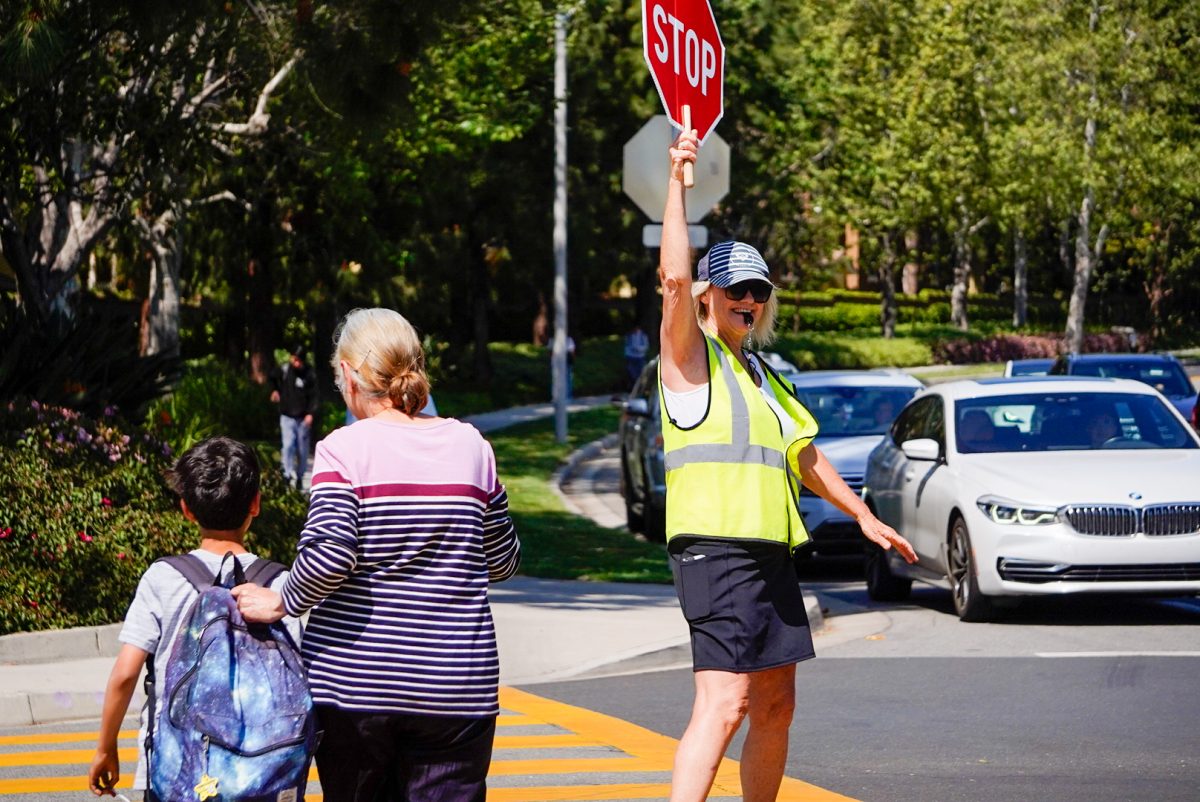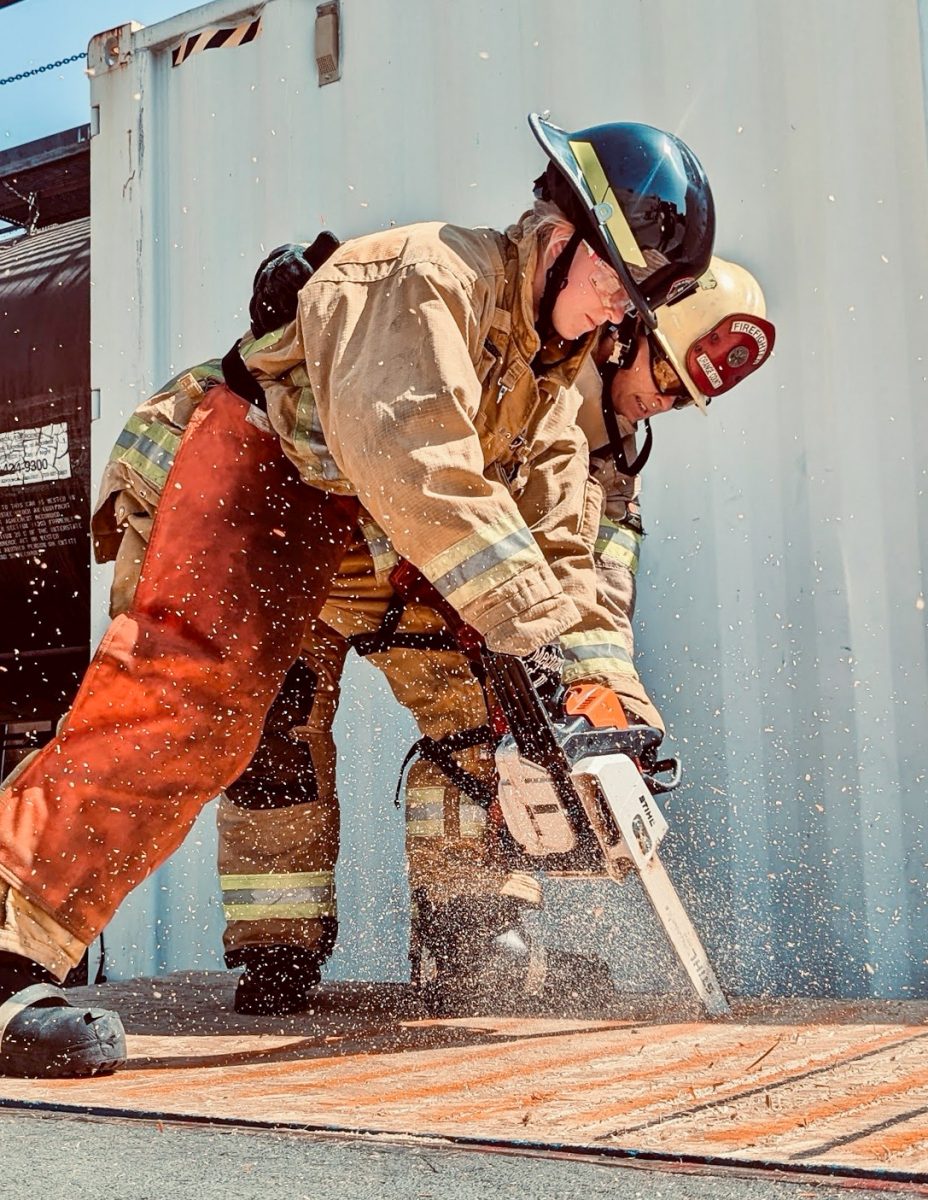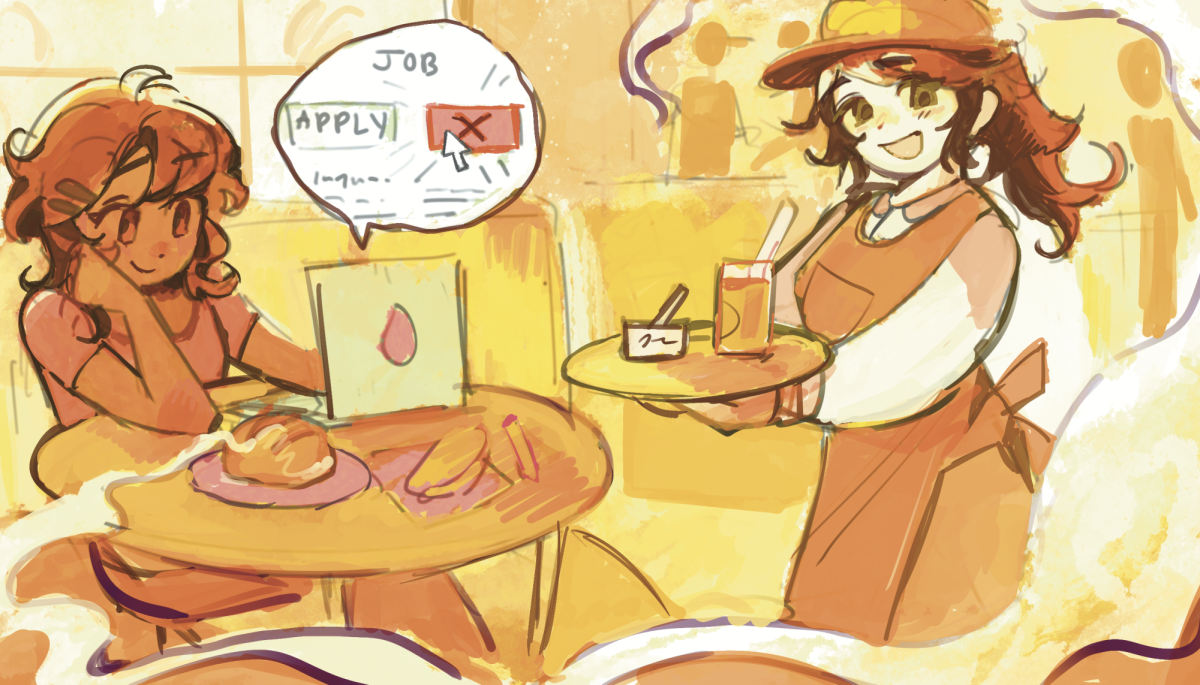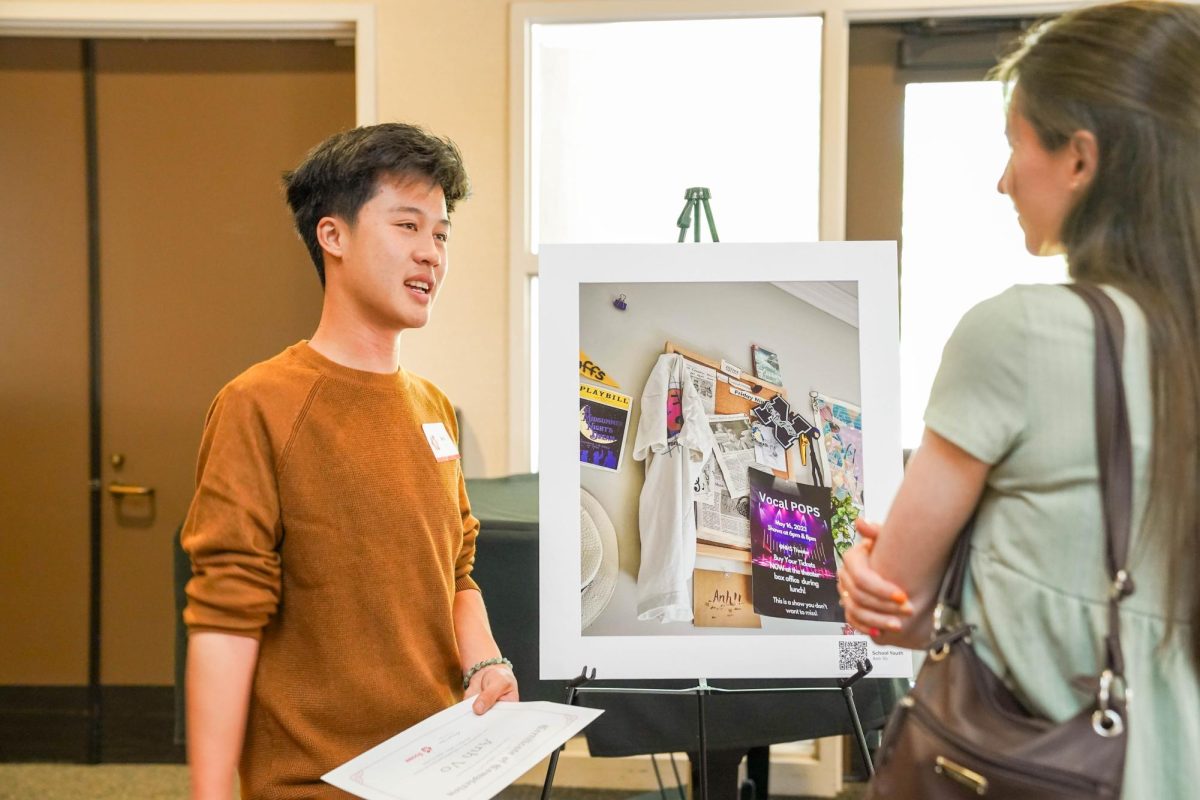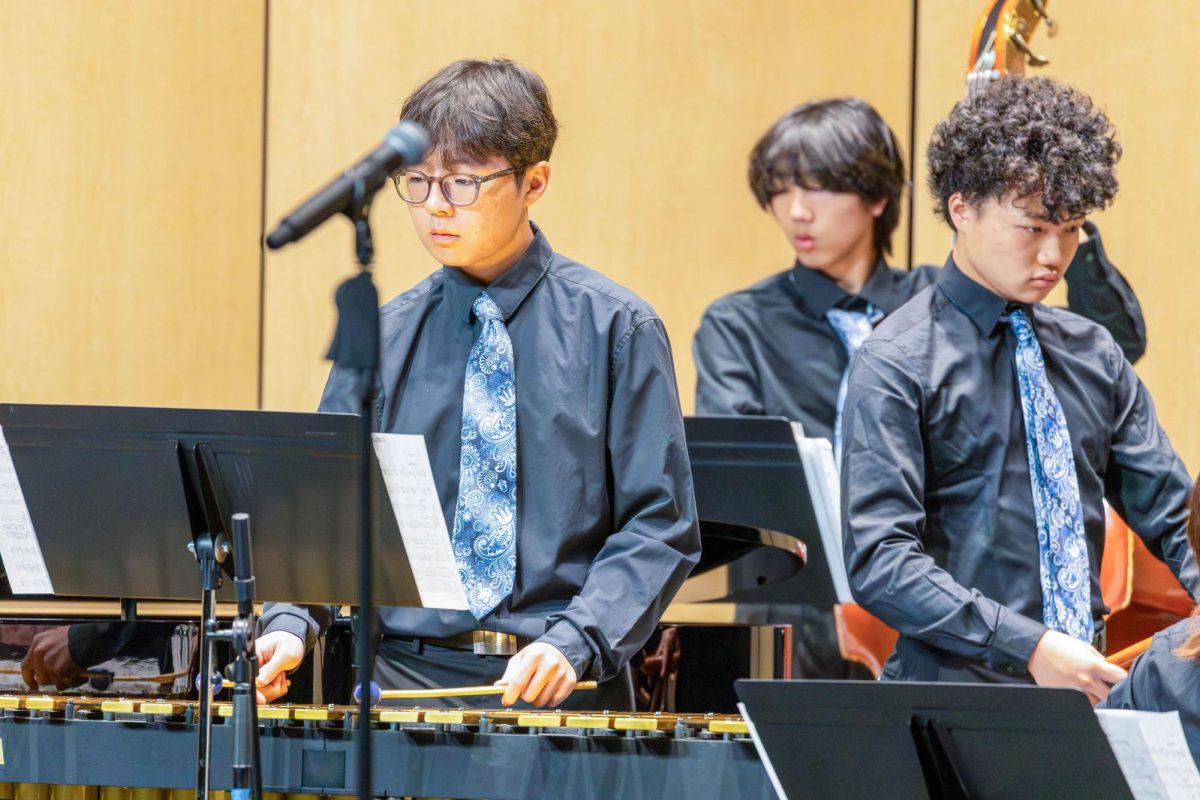Teens are swamped as they desperately try to balance homework, studying, sports and clubs. Increasing academic demands and packed schedules have led to a significant national drop in teen employment, but contrary to some parents’ belief, this trend isn’t concerning. Traditional jobs do build responsibility, but not having one doesn’t mean students lack work ethic—because jobs are not the sole path towards adopting life skills.
Unlike the world 40 years ago, when most teenagers were encouraged to take on adult responsibilities through part-time jobs, the number of students with jobs has dropped 11.4% in the last two decades, according to The Brookings Institution, due to increased academic rigor. As college admissions grow more competitive, many teens opt to prioritize their grades, AP classes and extracurriculars that often leave little room for paid employment.
This isn’t to dismiss the value of teen employment entirely. In fact, many students do work for practical reasons, like saving for college or helping at home. However, teen employment has also continually decreased due to a decline in no-experience, entry-level jobs over the past three decades, according to Pew Research Center. Fast food chains and retail stores that once welcomed teenage workers now often seek workers with prior experience and more availability.
Faced with competition from adults, who are more coveted in the workforce due to age and experience, it’s harder to find flexible work schedules that accommodate extracurriculars and school hours for students. The types of jobs that do exist tend to require a level of availability and consistency that simply isn’t realistic for a student balancing multiple priorities.
“I had a seasonal job at Wild Rivers over the summer and I’m helping pay for half my car,” sophomore Zoe Markus said. “Now, a job and school I think for me personally is a no, just because I do have sports after school that takes up a lot of time.”
It might seem like having a job is the only way to attain professionalism. However, although they aren’t counted as employment, according to the Bureau of Labor Statistics, community service and unpaid internships also give students the chance to gain the same life, work and communication skills that having a paid job provides.
“A lot of extracurriculars demand your time—or even if it’s not extracurricular, it’s something that you’re truly passionate about,” junior Anushri Shankar said. “If you spend a lot of time into it, it still gives you the same leadership skills because you’re super committed to wanting to improve yourself.”
Even as underclassmen, students can develop leadership through involvement in Northwood’s class councils or ASB, where organizational and collaboration skills are necessary.
“The whole process of getting into class council is a tool to have because you learn interviewing skills and how you present yourself,” sophomore president Annika Navarro said. “Having the job itself you get to learn how to manage your time and plan and execute events.”
As students juggle activities and academics, it’s important to remember that having a job is valuable but not the only way to learn responsibility. School is a workload of its own, and forcing greater expectations and pressure on students would only increase their piling burdens. Work ethic and discipline are already built every day, woven through campus commitments, personal responsibilities or your everyday passions.

